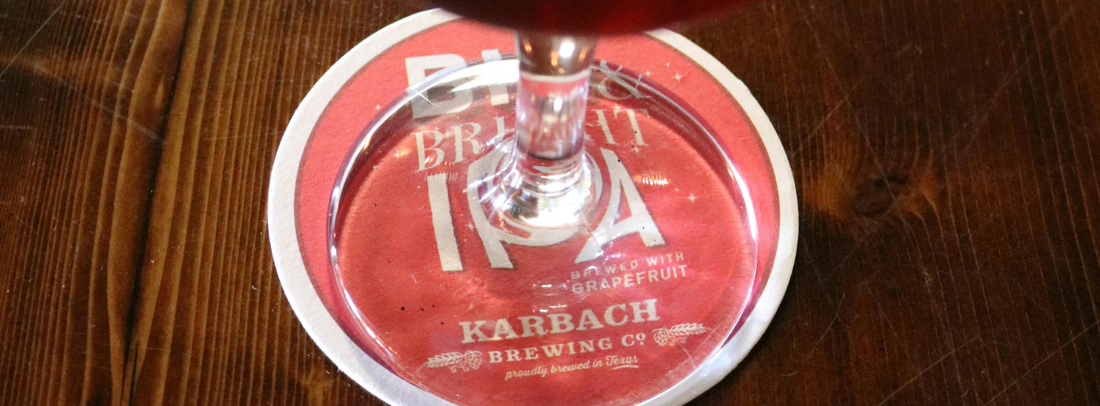Coasters are designed to protect surfaces from water damage, but not all coasters absorb moisture. Some materials soak up condensation, while others simply act as a barrier. So, should coasters absorb water? This article explores different types of coasters, their materials, and how to choose the right one for your needs.
- Guide to Coasters: The Ultimate Tabletop Accessory
- Are Coasters a Good Gift? Ways to Choose the Right Coaster Gifts
- Are Coasters Necessary?
Understanding Coaster Materials: Absorbent vs. Non-Absorbent
Coasters are made from a variety of materials, each with unique water-handling properties. Let’s break them down into two main categories:
Absorbent Coasters
Paper Coasters
- Highly porous and ideal for soaking up condensation.
- Often disposable and made from recycled materials, making them eco-friendly.
- Available in various designs and colors to suit different styles.
Cork Coasters
- Moderately absorbent, providing both insulation and moisture absorption.
- Durable, eco-friendly, and resistant to mold and mildew.
- Offers a natural, rustic aesthetic, adding warmth to any setting.

Non-Absorbent Coasters
Silicone Coasters
- Waterproof and non-porous, preventing liquid absorption.
- Easy to clean and heat-resistant, making them ideal for hot drinks.
- Flexible, durable, and available in a wide range of colors and designs.
Stone Coasters (Marble, Granite, etc.)
- Non-absorbent but stylish and luxurious.
- Durable, heat-resistant, and scratch-resistant for long-lasting use.
- Heavier than other coasters, offering stability on surfaces.

Absorbent vs. Non-Absorbent: Which One is Better?
The right choice depends on your lifestyle, environment, and preferences. Let’s compare the advantages and disadvantages of each type.
Pros and Cons of Absorbent Coasters
Advantages:
- Protects delicate surfaces from water stains and rings.
- Reduces condensation buildup on glasses.
- Quickly absorbs minor spills, preventing further mess.
Disadvantages:
- Requires frequent cleaning or replacement.
- Can develop mold or mildew if not properly maintained.
- Less durable over time, especially with repeated exposure to moisture.
Pros and Cons of Non-Absorbent Coasters
Advantages:
- Easy to clean with just a wipe.
- More durable and long-lasting.
- Available in a variety of stylish and modern designs.
Disadvantages:
- May not protect against water damage as effectively.
- Less effective at preventing condensation from pooling.
Choosing the Right Coaster for Different Scenarios
Best Uses for Absorbent Coasters
- Dining tables where spills and condensation are frequent.
- Homes or offices with wooden furniture susceptible to water damage.
- Outdoor events where quick absorption is beneficial.
Best Uses for Non-Absorbent Coasters
- Modern kitchens and offices where easy maintenance is preferred.
- Spaces with high durability needs (e.g., homes with pets or children).
- Areas where aesthetics and long-term use matter more than absorption.

Conclusion
The answer for question “are coaster supposed to absord water” depends on different factors, including purposes, styles, and specific needs. Absorbent coasters protect surfaces and prevent condensation but require more maintenance. Non-absorbent coasters are easier to clean, durable, and modern, but may not offer the same level of surface protection.




